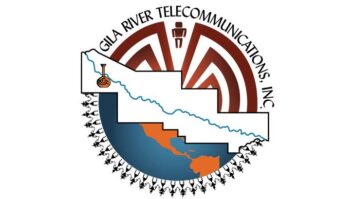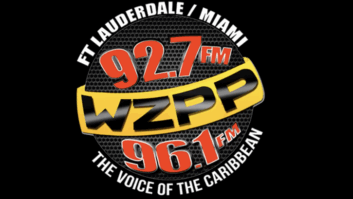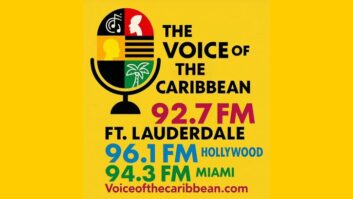It appears that a single-digit clerical error is going to prevent a group from launching an LPFM station in Selma, Ala.
Selma Weather and Information Forum had applied for a CP in last year’s filing window, saying it wanted to emphasize public safety — airing weather forecasts and live updates about severe weather and making programming available to local law enforcement when needed.
But its application contained a typo in the coordinates; a longitude that was entered as 67 degrees should have read 87 degrees. This placed the proposed antenna site 560 miles off the coast of North Carolina.
So the Federal Communications Commission in January rejected the application for failing to meet its localism requirements.
Consulting engineer Paul Bame of Prometheus Radio Project then asked the Media Bureau to reconsider.
“After having received two federal disaster declarations from Hurricane Zeta in 2020 and from the Jan. 12, 2023 tornado,” he wrote in a petition, “SWIF viewed the opening of the LPFM window as an answer to prayers for a non-commercial radio station that could afford to devote significant programming to public safety information during a natural disaster or public emergency. It would be tragic if the Selma community is denied service because of a clerical error.”
Bame said the original application had eight references to the planned antenna and station locations, and that seven of them were in or near Selma.
He argued that the FCC’s Licensing and Management System discourages accuracy because of the way it requires applicants to enter coordinates.
“SWIF’s consultant missed the transcription error despite a visible double check. It is unnecessarily difficult to distinguish between ‘6’ and ‘8’ because of the small typeface size. The minimum font size recommended for paper FCC documents is 12 points, and the LMS digits appear to be smaller than that on a fairly normal 100 dpi monitor. The GSA recommends 16-pixel-high fonts, an FCC guideline recommends 14 px fonts, and the digits on the LMS applications appear to be under 10 px.”
Further, Bame cited as precedent several past LPFM applications that had been reinstated.
He noted that the Selma application would be a singleton, with no potentially competing applicants, and he asked for the application to be reinstated and its longitude corrected from 67 to 87 degrees.
But now the Media Bureau has rejected that request.
In his ruling, Audio Division Chief Al Shuldiner repeated a theme we’ve seen in similar recent decisions: “The bureau staff verifies localism certifications, and performs technical evaluations, based on the antenna location coordinates specified in the ‘Antenna Location Data’ section of the application and does not review attachments or information specified elsewhere in the application to resolve discrepancies caused by typographical or other applicant errors.”
Given the data in the application, he continued, the dismissal had been proper.
But surely a single-digit error would be a small thing to fix?
“While LPFM applicants are currently allowed to submit amendments to their applications … the amendments must be minor,” Shuldiner explained. “Importantly, minor amendments are limited to site relocations of 11.2 km (6.9 miles) or less.”
The amendment requested by Selma Weather would modify the proposed antenna site longitude of 67 to 87 degrees, which Shuldiner said “clearly exceeds the site relocation limit established in the rules, and is therefore prohibited.”
As in other recent cases, Shuldiner also rejected the argument that the error was attributable to a mistake by a consultant and difficulties with LMS’s user interface, making an amendment appropriate.
“The commission has long held that errors of technical assistants and difficulties with filing systems are not excuses for failure to adhere to the rules.”
Finally, he said the past cases were not relevant because those situations were different and anyway they predated a case in which the commission clarified that it would rely only on Tech Box data in the future, meaning applicants would not be able to fix a location mistake in situations like this.






